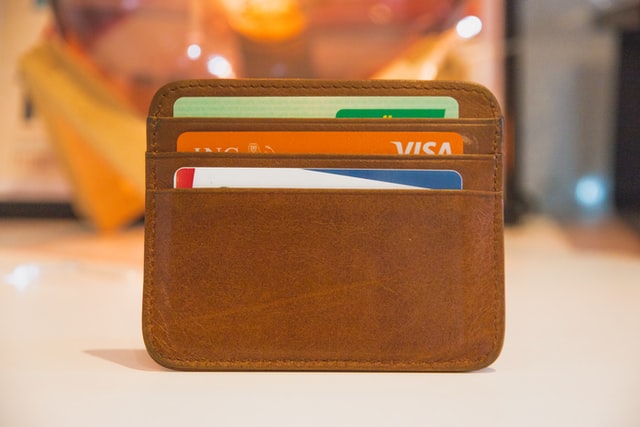Transferring someone else’s card balance to a credit card can wreak havoc on your finances and ruin your relationship with the other person if it is not treated properly. Can you transfer credit card debt to another person?
In general, major card issuers have no restrictions on transferring balance from a card that is not in your name. But they usually prohibit the transfer of the balance from the card of the same exhibitor. (Some, such as American Express, explicitly do not allow the transfer of a balance from a card that is not on your behalf.)
Before transferring someone else’s balance to the card, consider the reasons why the other person is charged, and decide if your help is really helpful or counterproductive. If you decide to proceed, set clear repayment rules and make sure the other person understands them.
What do I need to ensure before moving?
Find out what legal options you have if a person in debt violates the terms of the contract. And make sure you have sufficient funds to cover the debt, without financially injuring yourself or damaging your loan if the other person defaults.
Successful debt transfer with full and timely repayment can be beneficial for both people. The person you have helped will be freed from expensive debt and your creditworthiness can rise to a new level thanks to the extended credit line and regular repayments on time.
As you can imagine, if a person is unable to pay you off or cannot do it in a timely manner, you are stuck paying it off. You can’t call a credit card company and tell a customer service representative: “Look, my friend can’t pay me the $ 4,000 right away, so I’ll wait a few months for him to get his act together and then pay the debt back. The promise. “You can say that, but you can expect a quick closing of the account. We don’t have to spell it for you. Your imagination will probably fill the empty fields well. If you transfer someone else’s debt balance to your credit card, and it won’t work as well as you both have hope you can see that your credit rating will go down and with it your credit history.

What may go wrong?
Theoretically, you may lose your credit card account, if you can’t make the payment or if you can repay the debt yourself, you can keep your credit standing in good shape, but lose your finances in other ways. You may have to pay less for retirement for some time, or you may not go on vacation for a year and so on. In other words, you want to think about it very carefully.
Again, as we have noticed, things may go wrong. You can end up with many hurt feelings. You can finally offend a family member or friend for leaving you on the hook for all this money. There is no doubt about it, you will think: I’m a buddy.
Maybe one day you blow up and say a lot of things you will regret later that you won’t say, and nothing will ever be the same with you and your friend or family member. Maybe you’ll both go to court for a small claim in this case. Maybe you will lose in the Small Claims Court, and one day you will go on and see that no good former cheater is crossing the street, and you are speeding up and … okay, it has fallen really dark.











